ReGathering reiterates Calvin’s commitment to justice
Regathering panelists discuss the role of neighborhood and community in addressing injustice. (Left to right: Jeremiah Stout, Christina Edmondson, Reggie Smith, Joella Ranaivoson.) Photo courtesy Calvin College.
In Calvin’s ReGathering, the spring semester kicked off with a statement that the college is determined to take a stand against injustice.
As the attendees entered the auditorium, a band on stage, led by a few of Calvin’s worship apprentices, played lively music and set a tone of anticipation. When everything had settled down, President Michael Le Roy went up to the podium to greet the audience, and especially the new students.
This year, the ReGathering took a different format than in previous years. Instead of a single speaker, there was a panel of people from Calvin and the greater Grand Rapids community. The panel included Jeremiah Stout, a Calvin senior studying philosophy and Spanish; Christina Edmondson, Calvin’s dean of intercultural student development; and Reggie Smith, the CRC’s director for the offices of race relations and social justice. This diverse panel was asked questions pertaining to justice and faith, and how the two can work in tandem.
One of the first questions that the panel was asked was “How do you see injustice in the world you live?”
Smith answered this question with a story about his time as a pastor in Grand Rapids’ Roosevelt Park neighborhood. Smith lived as a tenant in a densely populated neighborhood. His next door neighbor was involved with a local gang. One Sunday morning, he came back from church to find his house had been shot up. His wife and children were at home in a forest of yellow tape, and a crowd of policemen was investigating the scene.
When Smith’s congregation heard of what happened, they insisted that he move to a safer area. However, while living in the Roosevelt Park neighborhood, Smith built relationships with his neighbors, several of whom said they would leave the neighborhood if Smith did.
Smith said this event showed him the broader consequences of giving into fear. He explained that if he had left for his own safety, then the neighborhood would lose more than just him; it would lose many good people that had the potential to do good for the community. By staying in the neighborhood, he was fighting the unjust situation the area had been put in.
According to Smith, he was able to do this because of his faith in God, which overpowered his fear.
In contrast, Jeremiah Stout grew up in a suburban area. It was well-to-do, middle class, and there was little reason to think deeply about injustice. However, while studying at Calvin, he realized that there are greater injustices in the world that his community benefited from. It was important to him that those who benefit from these injustices recognize it, and work to correct the problem. He emphasized the importance of justice being bigger than the individual.
“The Christian perspective was able to capture the scope of what it means to be just,” said Stout.
The panel was also asked, “How do faith and justice interact?”
“We follow Christ in his self-sacrificial pursuit of justice,” Edmondson responded.
She emphasized that Christians should be the harbingers of hope and shouldn’t be afraid to fight the “good fights.” Christians should feel secure because they already laid their foundation on God. Her message was full of hope that “where there is injustice in the world, there is also a Lord of love.”
After the panel, Chaplain Mary Hulst prayed for the need for justice and the Christian role in establishing it. Afterwards, justice was announced as the new topic for the campus-wide Bible study. Anyone interested in participating can text “study” to (616) 202-5535 and receive materials and updates about the Bible study.




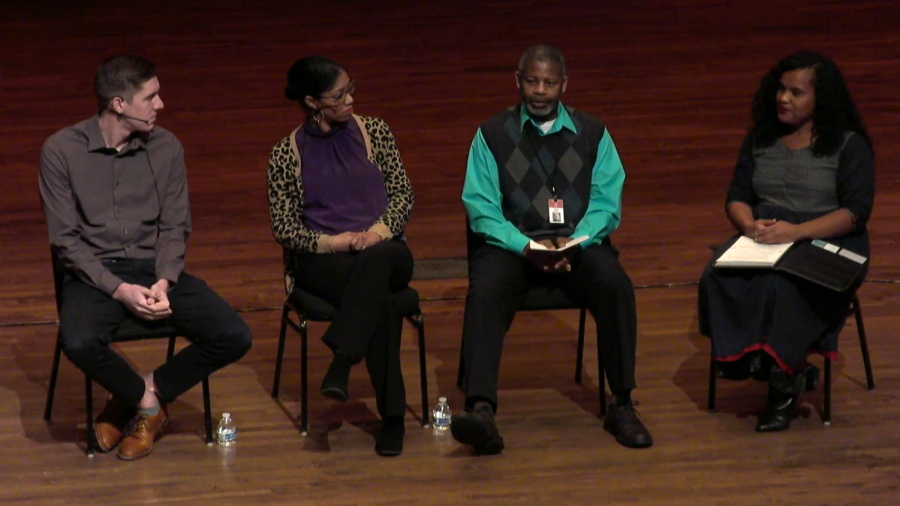
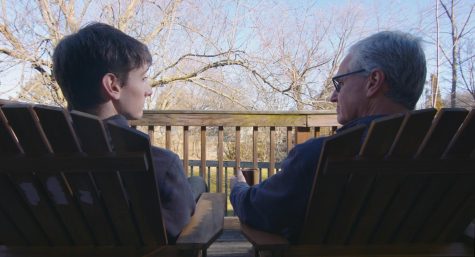
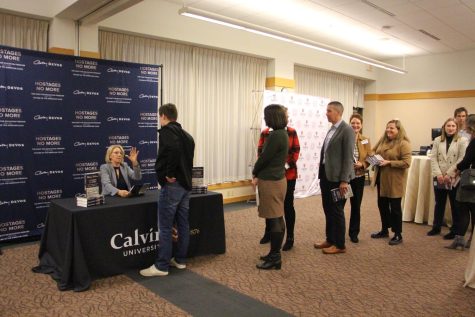
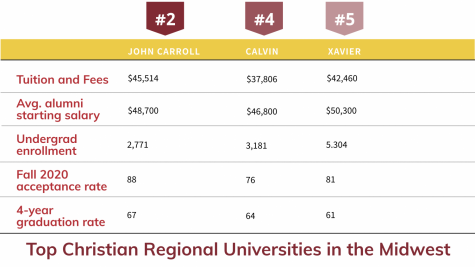

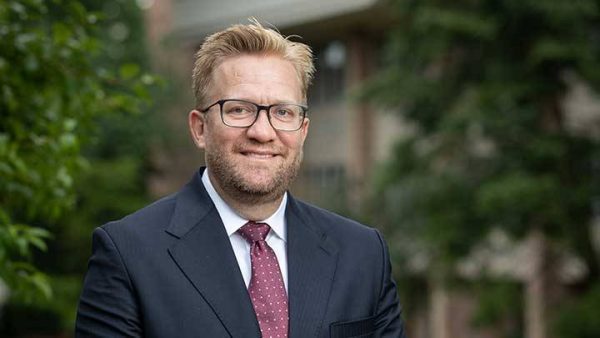
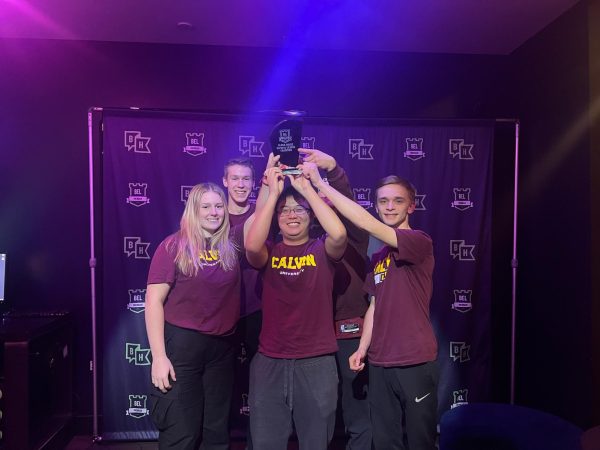

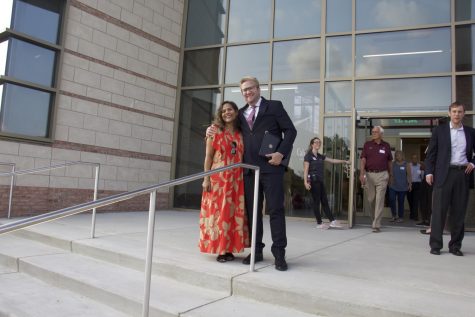
Christina • Jan 31, 2018 at 9:33 am
Deeply impressed with Jeremiah’s thoughtfulness and gracious responses.